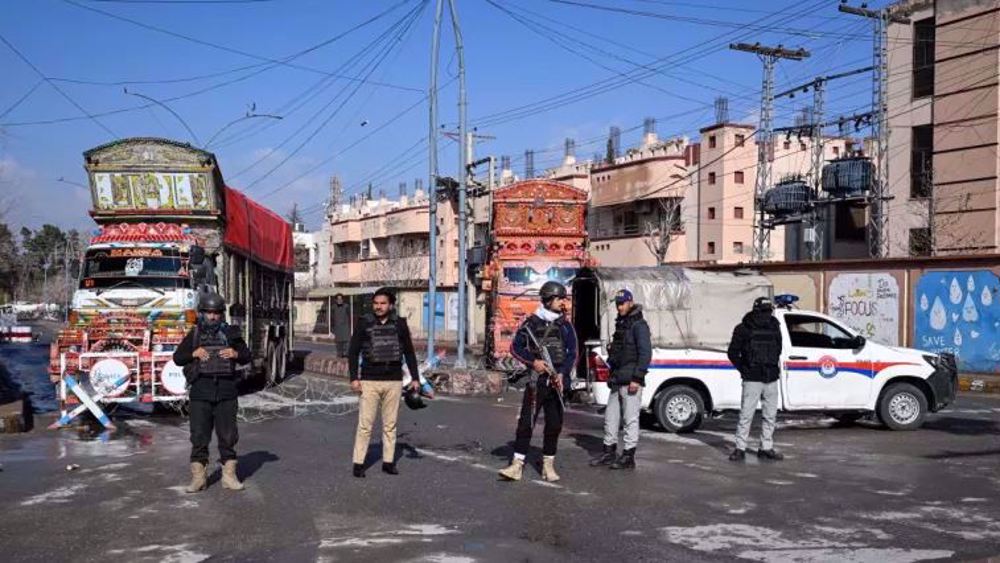Indian parliament approves controversial citizenship law
Munawar Zaman
Press TV, New Delhi
The Indian parliament has finally approved the controversial Citizenship Amendment Bill. It is said to mark the first time in Indian history that religion has become a criterion for citizenship. The legislation grants citizenship to all immigrants living in the country except Muslims.
The government maintains the measure is necessary to offer refuge to persecuted religious minorities. But Muslims are now in a state of fear, alarm and insecurity.
The new law creates a path to citizenship for Hindus, Sikhs, Parsis, Christians, Jains and Buddhist migrants from Pakistan, Afghanistan and Bangladesh but excludes Muslims in particular who now are on the verge of being stateless.
Rights groups have denounced the legislation. Human Rights Watch has criticized the bill as discriminatory, saying it supports some refugees on the surface but discriminates against some others based on their religion. Observers say there are concerns now that a country which was founded on a secular idea is being converted into a Hindu state.
Prime Minister Narendra Modi’s ruling BJP has moved swiftly on its election manifesto which critics say is part of a larger political agenda of transforming India into a Hindu nation.
Since the emergence of the BJP Hindu nationalist government in 2014, Muslims as the country’s largest minority have been subjected to frequent hate crimes while being targeted by anti-Muslim policies and decisions.
After the bill was passed by the upper house of the parliament on Wednesday, violent protests broke out in northeast India where people feel they could be overrun by immigrants from across the border, therefore posing danger to their identity.
Son of former Libyan ruler Gaddafi killed in ‘home attack’: Aides
Iran finalizes planning for talks with US; venue to be announced: Foreign Ministry
VIDEO | The official opening of Rafah Crossing
VIDEO | Iran prepared for equitable dialogue
VIDEO | Released to die: Medical neglect kills former Palestinian prisoner
VIDEO | Iran’s Islamic Revolution continues to send message of resilience across region
Iranian drone successfully completes mission in intl. waters amid reports of US sabotage
Gaza Civil Defense collapses as Israeli fuel blockade halts all emergency operations









 This makes it easy to access the Press TV website
This makes it easy to access the Press TV website